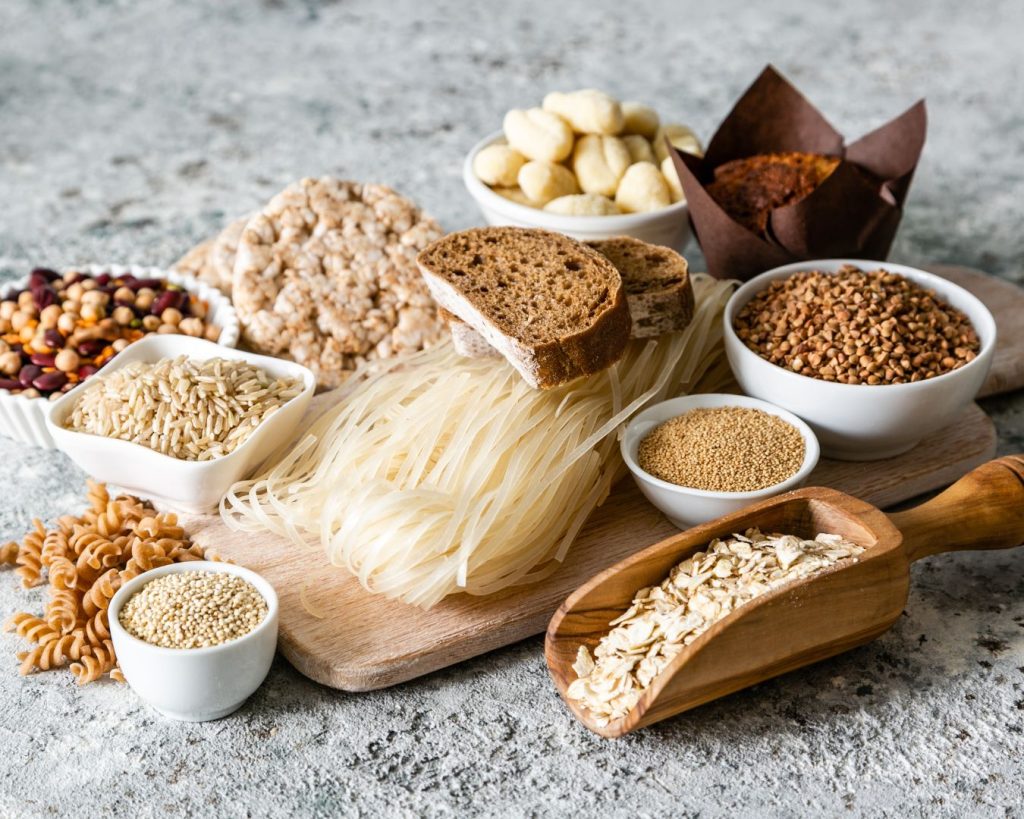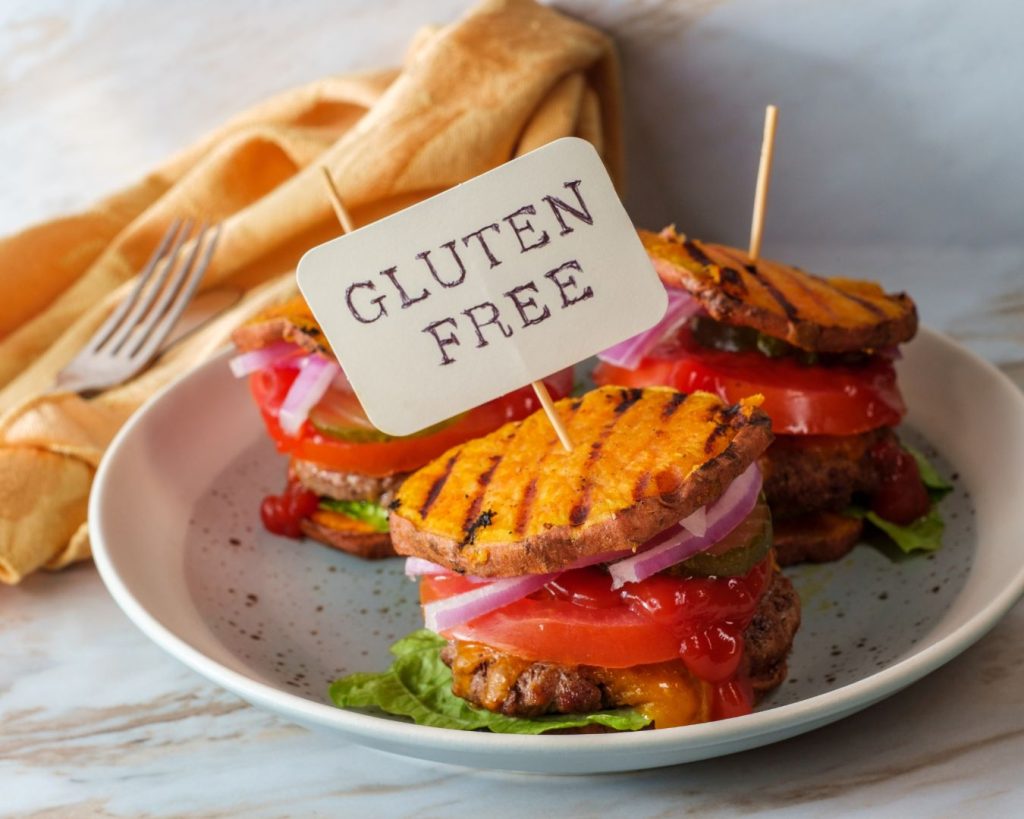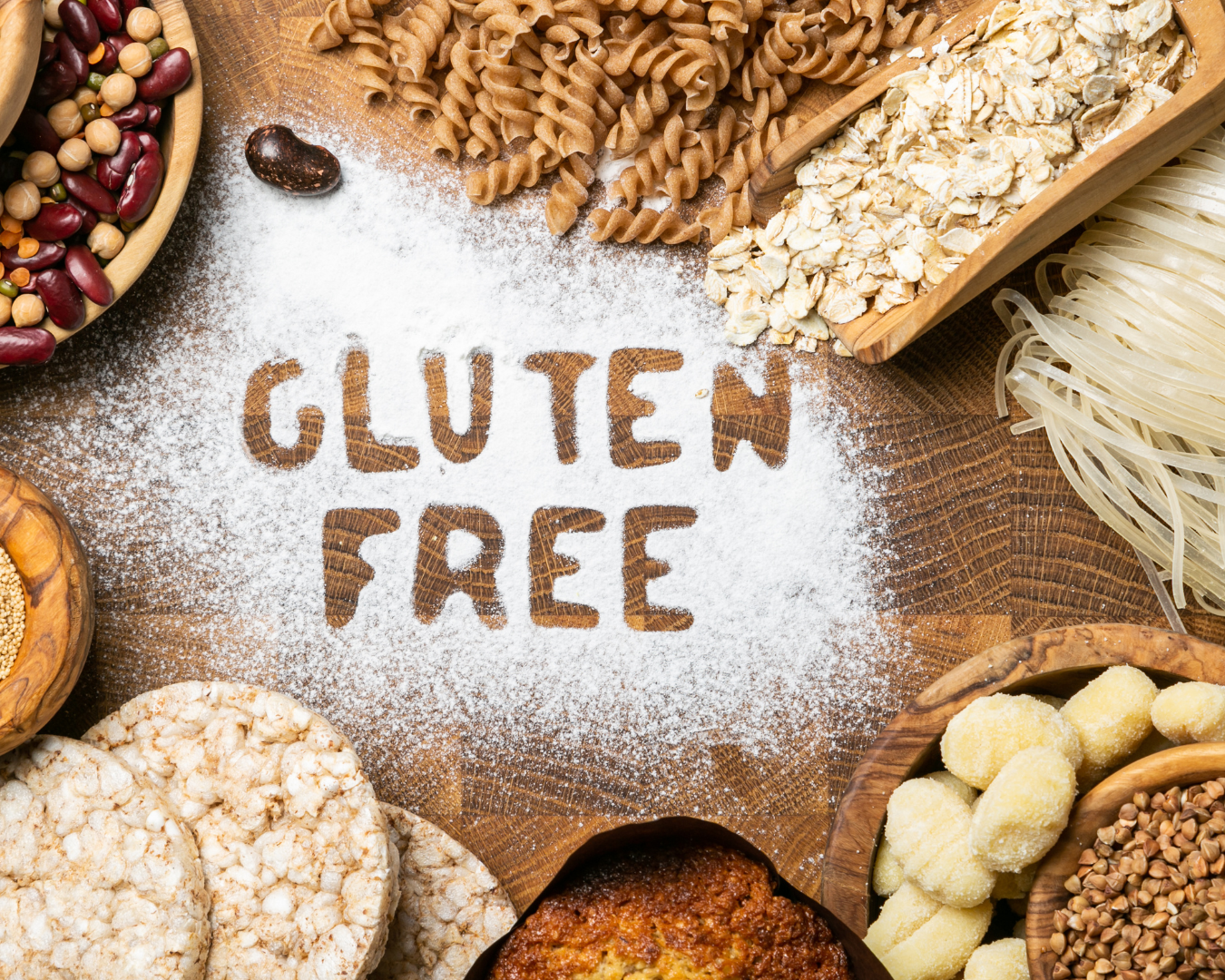Embracing a Gluten-Free Diet: A Path to Better Health
In recent years, the gluten-free diet has gained significant popularity, not only among those with specific health conditions but also among individuals seeking to improve their overall well-being. This dietary approach eliminates gluten, a protein found in wheat, barley, and rye, offering a variety of benefits for those who need or choose to avoid gluten.
Understanding Gluten and Its Effects
Gluten is a protein that gives dough its elasticity and helps it rise. It is found in a variety of foods, including bread, pasta, cereals, and many processed foods. For some people, gluten can cause severe health issues:
- Celiac Disease: An autoimmune disorder where ingesting gluten leads to damage in the small intestine. People with celiac disease must strictly avoid gluten to prevent serious health complications.
- Non-Celiac Gluten Sensitivity: Individuals who experience symptoms similar to celiac disease but without the associated intestinal damage. They may benefit from a gluten-free diet to alleviate symptoms.
- Wheat Allergy: An allergic reaction to proteins found in wheat, including gluten. Avoiding gluten-containing foods can help prevent allergic reactions.

Who Benefits from a Gluten-Free Diet?
- People with Celiac Disease: A gluten-free diet is essential for managing this condition and preventing damage to the small intestine.
- Those with Gluten Sensitivity: Many people report relief from symptoms such as bloating, gas, diarrhea, and fatigue when they eliminate gluten from their diet.
- Individuals with Wheat Allergy: Avoiding gluten can help manage allergic reactions and improve overall health.
- Health Enthusiasts: Some people choose a gluten-free diet to explore potential health benefits, such as improved digestion and increased energy levels.
Navigating the Gluten-Free Diet
Adopting a gluten-free diet involves understanding which foods contain gluten and finding suitable alternatives. Here are some tips to get started:
- Read Labels Carefully: Gluten can hide in unexpected places, such as sauces, soups, and processed foods. Always check ingredient labels for gluten-containing grains like wheat, barley, and rye.
- Embrace Whole Foods: Naturally gluten-free foods include fruits, vegetables, meat, poultry, fish, dairy, beans, legumes, nuts, and seeds. These should form the basis of your diet.
- Choose Gluten-Free Grains: Opt for gluten-free grains like rice, quinoa, millet, and corn. There are also gluten-free flours available, such as almond flour, coconut flour, and rice flour.
- Explore Gluten-Free Products: Many brands now offer gluten-free versions of common foods like bread, pasta, and snacks. Look for certified gluten-free labels to ensure they meet safety standards.
- Plan Your Meals: Meal planning can help you avoid gluten and ensure you have a variety of nutritious options. Focus on balanced meals that include protein, healthy fats, and carbohydrates from gluten-free sources.

Delicious Gluten-Free Meal Ideas
- Breakfast: Start your day with a nutritious gluten-free breakfast, such as a smoothie bowl with fruits and nuts, or scrambled eggs with vegetables.
- Lunch: Enjoy a fresh salad with quinoa, grilled chicken, and a variety of colorful vegetables. Top with a gluten-free dressing for added flavor.
- Dinner: Try a hearty gluten-free pasta dish made with rice or corn pasta, topped with a rich tomato sauce and your favorite vegetables.
- Snacks: Keep gluten-free snacks on hand, such as rice cakes with almond butter, fresh fruit, or a handful of nuts.
Potential Challenges and Tips for Success
Adopting a gluten-free diet can come with challenges, especially when dining out or traveling. Here are some tips to help you stay on track:
- Educate Yourself: Learn about gluten-containing ingredients and where they might be hidden in foods.
- Communicate Clearly: When eating out, inform the restaurant staff about your dietary needs and ask questions about how dishes are prepared.
- Be Prepared: Carry gluten-free snacks with you to avoid getting caught without safe options when you’re away from home.
- Join a Community: Connect with others who follow a gluten-free diet for support, recipe ideas, and tips.
A gluten-free diet is essential for individuals with celiac disease, gluten sensitivity, or wheat allergy and can offer health benefits to those who choose to avoid gluten for other reasons. By understanding which foods to avoid and finding delicious gluten-free alternatives, you can enjoy a varied and satisfying diet that supports your health and well-being. Embrace the journey to better health with a gluten-free lifestyle and discover the positive changes it can bring to your life.

